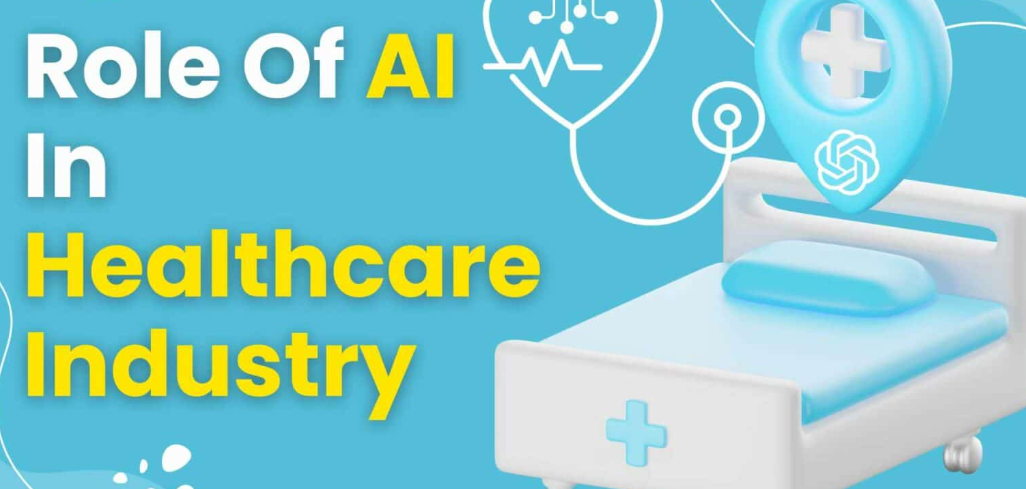Artificial Intelligence (AI) is playing a vital role in modernizing healthcare systems. It can enhance diagnostics, streamline workflows, improve patient care, and reduce costs. However, to use AI effectively in healthcare, professionals and institutions must understand where and how it can be integrated, while ensuring safety, privacy, and efficiency.
1. Start with Clear Objectives
Before implementing AI, define the specific problems it will solve. Whether it’s reducing diagnostic errors, automating administrative tasks, or predicting patient risks, having a clear goal helps in selecting the right AI solution and measuring its success.
2. Use AI in Medical Imaging and Diagnostics
AI tools can analyze radiology images like X-rays, MRIs, and CT scans to detect conditions such as tumors, fractures, and infections with great accuracy. Hospitals can integrate AI-powered software with their existing imaging systems to speed up diagnoses and reduce human error.
3. Implement AI in Electronic Health Records (EHRs)
AI can automate data entry, manage patient history, and even flag inconsistencies in EHRs. This reduces the documentation burden on clinicians and improves data accuracy, leading to better treatment planning and reduced administrative workload.
4. Apply AI in Drug Discovery and Research
Pharmaceutical companies and research institutions use AI to analyze molecular structures, predict drug interactions, and identify new treatment candidates. Integrating AI speeds up the drug development process and lowers costs.
5. Enhance Remote Monitoring and Telemedicine
Use AI-powered platforms and wearable devices to monitor patient vitals in real-time. These systems can alert healthcare providers to unusual patterns and help manage chronic diseases like diabetes, heart conditions, and respiratory disorders, even from a distance.
6. Integrate AI Chatbots and Virtual Assistants
AI chatbots can help patients book appointments, check symptoms, refill prescriptions, and receive follow-up reminders. These tools improve communication and reduce the pressure on hospital front desks and call centers.
7. Use AI for Predictive Analytics
Healthcare providers can use AI to analyze historical data and predict future health events. For instance, AI models can forecast patient readmissions, detect early signs of sepsis, or identify patients at high risk of chronic illnesses, enabling early intervention.
8. Optimize Hospital Operations
AI helps in managing hospital resources like staffing, room assignments, and supply chains. Predictive models can also forecast patient flow and optimize scheduling to reduce wait times and improve service delivery.
9. Train Medical Staff with AI Simulations
AI-powered simulations and virtual reality tools can be used to train doctors, nurses, and medical students in surgical procedures or emergency response. These tools offer realistic training environments without risking patient safety.
10. Ensure Data Security and Compliance
When using AI in healthcare, it’s critical to protect patient data. Organizations must comply with regulations like HIPAA (USA), GDPR (Europe), or relevant local data protection laws. Secure data handling and encryption should be part of any AI system implementation.
11. Monitor and Improve AI Performance
After deployment, continuously monitor AI systems for performance, accuracy, and safety. Regular audits, updates, and feedback loops ensure that the technology remains reliable and aligned with clinical best practices.Conclusion
Using AI in healthcare is not just about adopting new technology—it’s about transforming care delivery. When implemented responsibly, AI can support medical professionals, improve patient outcomes, and create more efficient healthcare systems. With proper training, regulation, and patient awareness, the future of AI in healthcare looks promising.





Leave feedback about this